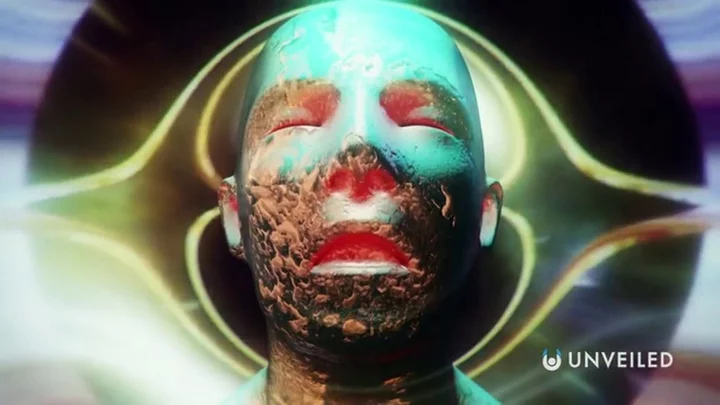Near-death experience expert says he’s proven there is an afterlife ‘without a doubt’
One of life's unanswered questions that often lies in fear of the unknown is what happens when we die. Now, an American doctor, who has studied over 5,000 near-death experiences, claims there is "without a doubt" life after death. Radiation oncologist Dr Jeffrey Long from Kentucky started his Near-Death Experience Research Foundation back in 1998 and has collected personal recollections from people who have almost faced death. He defined a near-death experience as "someone who is either comatose or clinically dead, without a heartbeat, having a lucid experience where they see, hear, feel emotions, and interact with other beings." After years of "overwhelming" evidence, he has concluded: "There’s certainly an afterlife." Dr Long revealed in an essay for Insider that roughly 45 per cent suggested that "their consciousness separates from their physical body, usually hovering above," during their NDE. One account from a woman who fell unconscious while riding a horse told the doctor that "her consciousness travelled with her horse as he galloped back to the barn." When she woke up, she was able to "describe exactly what happened at the barn." Many others went on to claim that they felt as though they were "transported into another realm," where they saw a bright light and were greeted by deceased loved ones. Even children have described similar experiences. Dr Long candidly said he hasn't found any scientific explanations behind the experiences, adding: "I’ve read brain research and considered every possible explanation for NDEs. The bottom line is that none of them hold water." Previously, in a short film for BBC Ideas, Dr Kathryn Mannix, who specialises in palliative and end-of-life care suggested: "Dying is probably not as bad as you're expecting." She went on to compare death to "a process" and believes society should be open to the conversation about death and change how we speak about it. Sign up for our free Indy100 weekly newsletter Have your say in our news democracy. Click the upvote icon at the top of the page to help raise this article through the indy100 rankings.
One of life's unanswered questions that often lies in fear of the unknown is what happens when we die. Now, an American doctor, who has studied over 5,000 near-death experiences, claims there is "without a doubt" life after death.
Radiation oncologist Dr Jeffrey Long from Kentucky started his Near-Death Experience Research Foundation back in 1998 and has collected personal recollections from people who have almost faced death.
He defined a near-death experience as "someone who is either comatose or clinically dead, without a heartbeat, having a lucid experience where they see, hear, feel emotions, and interact with other beings."
After years of "overwhelming" evidence, he has concluded: "There’s certainly an afterlife."
Dr Long revealed in an essay for Insider that roughly 45 per cent suggested that "their consciousness separates from their physical body, usually hovering above," during their NDE.
One account from a woman who fell unconscious while riding a horse told the doctor that "her consciousness travelled with her horse as he galloped back to the barn."
When she woke up, she was able to "describe exactly what happened at the barn."
Many others went on to claim that they felt as though they were "transported into another realm," where they saw a bright light and were greeted by deceased loved ones.
Even children have described similar experiences.
Dr Long candidly said he hasn't found any scientific explanations behind the experiences, adding: "I’ve read brain research and considered every possible explanation for NDEs. The bottom line is that none of them hold water."
Previously, in a short film for BBC Ideas, Dr Kathryn Mannix, who specialises in palliative and end-of-life care suggested: "Dying is probably not as bad as you're expecting."
She went on to compare death to "a process" and believes society should be open to the conversation about death and change how we speak about it.
Sign up for our free Indy100 weekly newsletter
Have your say in our news democracy. Click the upvote icon at the top of the page to help raise this article through the indy100 rankings.

